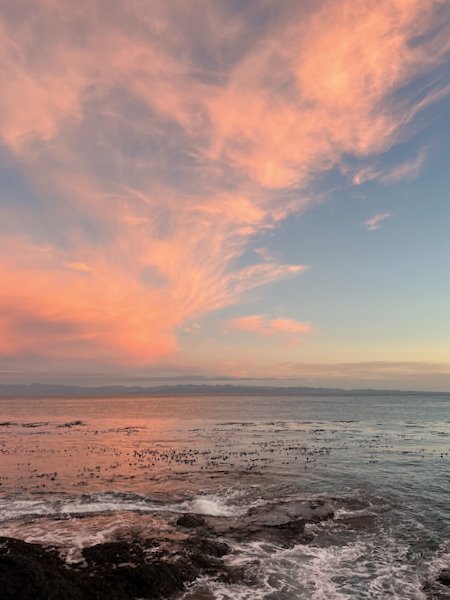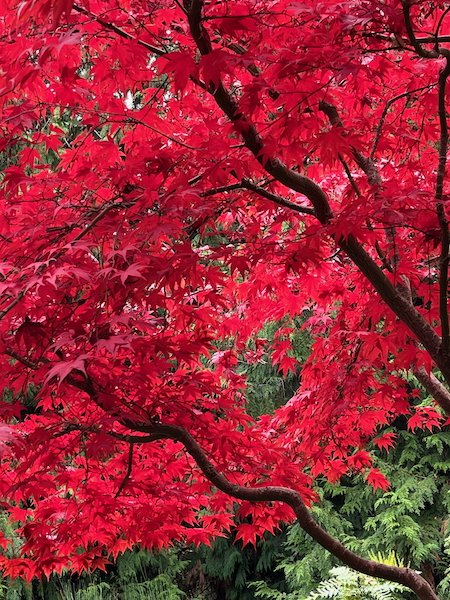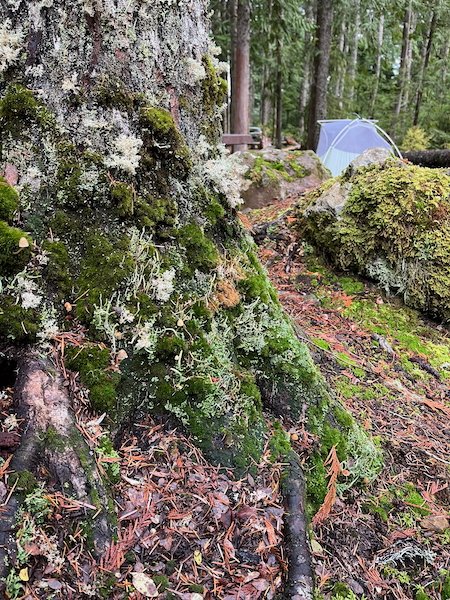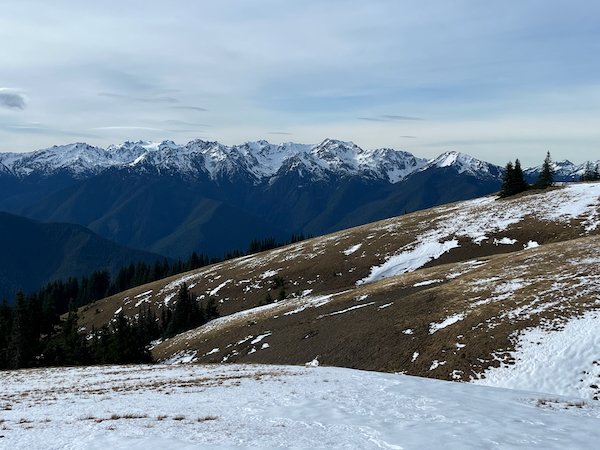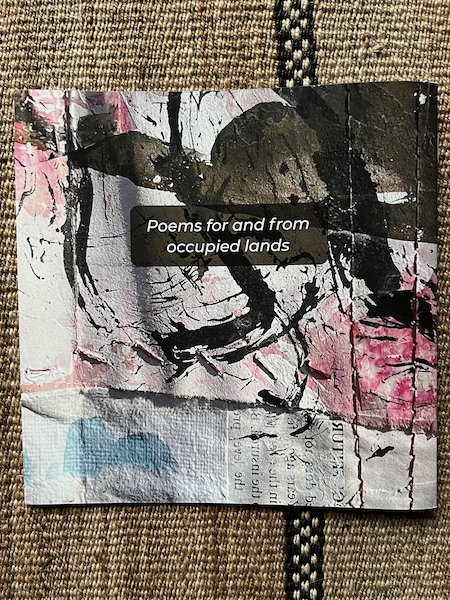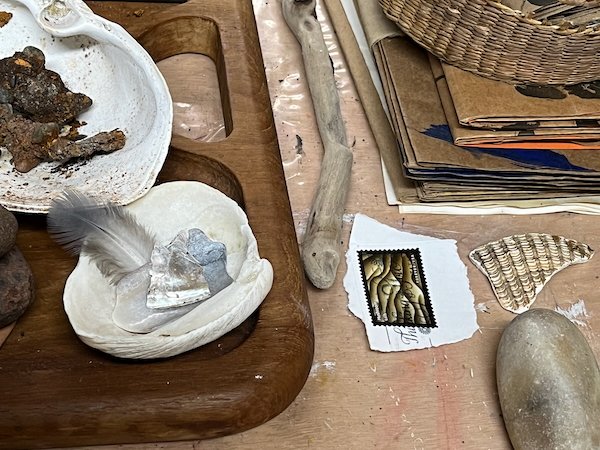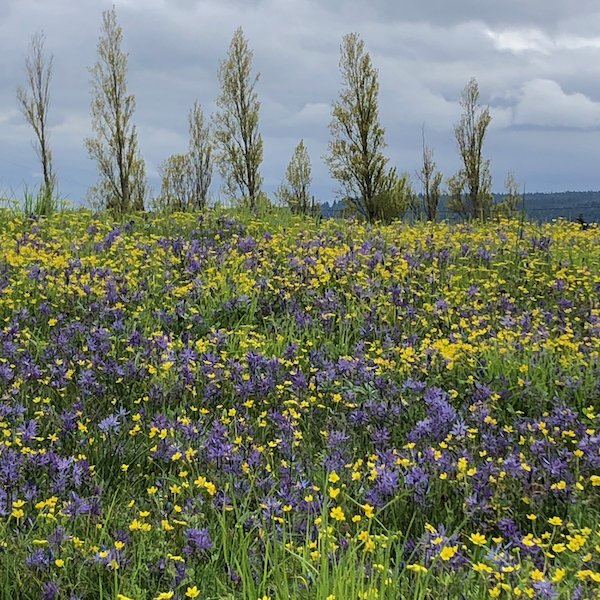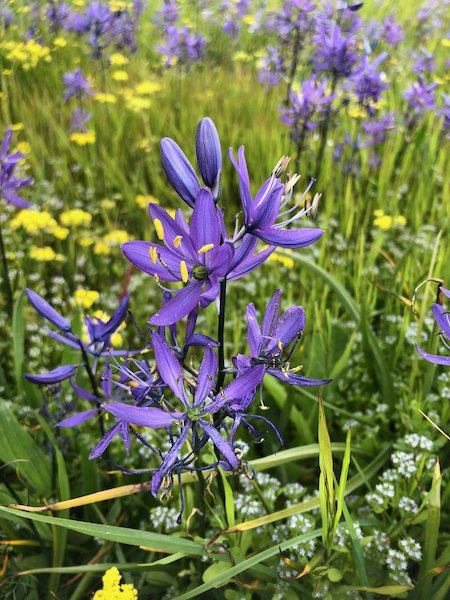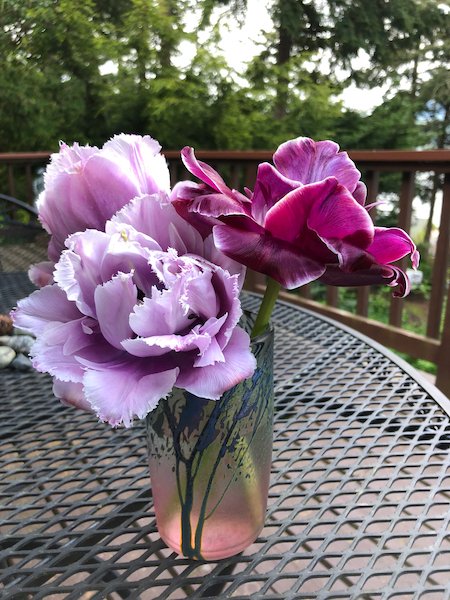November, 2024:
Of course I think about leaving the country - I spent nearly 20 years living outside the US prior to 2015, so the possibility of doing so again is never far from my mind. I think about Jordan, which I wrote about after a very short visit, where there could be excellent cultural and relief/volunteer opportunities, as well as a chance to immerse in Arabic and really learn. I’ve been plugging away at Duolingo and some old Teach Yourself recordings, in an effort to improve and also just to hear and affirm this language with a depth and intricate wisdom that has so many iterations across the globe, and which has been relegated in the US mindset to negative associations. I won’t write the negative, misleading words, because repetition gives them weight. Instead, I listen to music and poetry from the Levant, and explore the small ways I can discover what Arabic has to teach me now, with my limited capacity.
Sunrise at Salt Creek Campground - S’Klallam and Chimacum and Coast Salish ancestral lands.
Japanese maple in my friend and neighbor’s garden.
And I understand the outrageous privilege and freedom of movement these possibilities attest to, which is another aspect of my reluctance to just go somewhere else. I found a piece I wrote in 2020 about travel, and have added it here because the reflections are still true.
Heart of the Hills Campground, Olympic National Park
Heart of the Hills Campground, Olympic National Park
The main thing is though - all the images here are things I’ve seen during the second week of November, when I took off camping alone - here with my own senses, not far from where I’m actually permitted to live, to own a house that is not currently being bombed or flooded or set aflame…. I have the grace of this natural world around me, willing at every moment to interact and teach, and so I only need to remember to listen and be available to it, and since this is my greatest benefit in life right now, it feels like a responsibility, one that I take seriously and with joy and gratitude.
(you can stop reading here if you’d like to end on that note)
Hurricane Ridge, Olympic National Park
Now: All of that was written in November, soon after the photos were taken, and it has taken me a while to catch up. In the meantime, I self-published a book of poems whose title conveys the topic: Breathing Rubble Dust. Some of these poems have been published on this blog or the poetry page already, all of them written between October 2023 and February 2024, which is already so long ago.
Book cover: Breathing Rubble Dust, Tracy Hudson
Back cover: Poems for and from occupied lands
I know the poems are heavy and hard to read. They are for me, too. Because they reflect my waking awareness that a rogue nation is slaughtering innocents on a daily basis with the full support of my own country and an utter lack of impunity, despite worldwide efforts at condemnation.
How can this not be heavy? Given that my experience as mere helpless observer pales in comparison with anyone who lives there or has family being relentlessly and unpredictably targeted and bombed, their lives set aflame….. this reality is my breath, blood and bones, it’s part of my own body and yours as well, whether you realize it or not. This human collective, this earth’s skin in which we live together - each drop of poison affects the whole.
The gap between my posts is me trying to summon the sense that it is worth it, that I have anything to say that can matter. At the same time, the message and purpose of printing these poems is that our individual and collective creative voices matter, that we mustn’t stop speaking about how we are all affected by the reverberations of what happens in the world.
At the moment, I’m distributing these chapbooks personally. Contact me or comment if you’d like to know more, acquire a copy, or help spread them around.
Update: the books are also available through this site, as a fundraiser, and through Camas Books & Infoshop.

